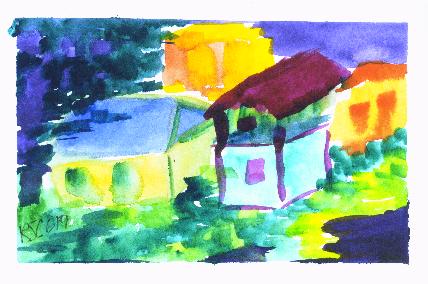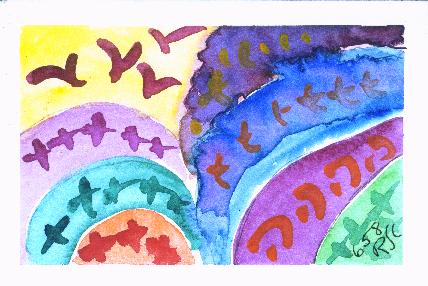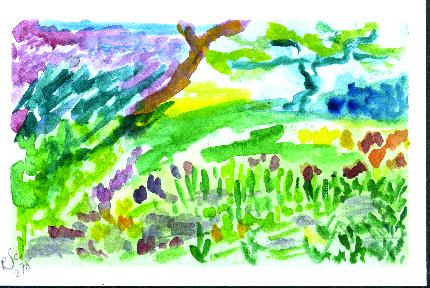
American Life in Poetry: Column 066 BY TED KOOSER, U.S. POET LAUREATE, 2004-2006
Some of the most telling poetry being written in our country
today has to do with the smallest and briefest of pleasures.
Here Marie Howe of New York captures a magical moment:
sitting in the shelter of a leafy tree with the rain falling all around.
The Copper Beech
Immense, entirely itself,
it wore that yard like a dress,
with limbs low enough for me to enter it
and climb the crooked ladder to where
I could lean against the trunk and practice being alone.
One day, I heard the sound before I saw it, rain fell
darkening the sidewalk.
Sitting close to the center, not very high in the branches,
I heard it hitting the high leaves, and I was happy,
watching it happen without it happening to me.
Reprinted from "What the Living Do," W. W. Norton & Co., 1997. Copyright (c) 1997 by Marie Howe. This weekly column is supported by The Poetry Foundation, The Library of Congress, and the Department of English at the University of Nebraska-Lincoln. This column does not accept unsolicited poetry. ******************************







